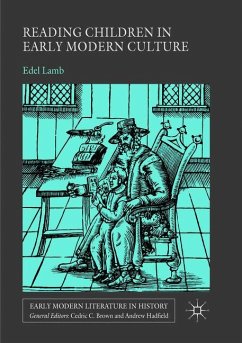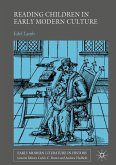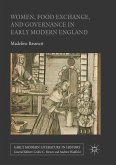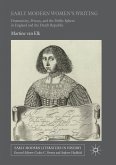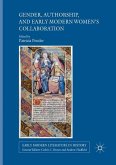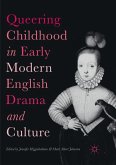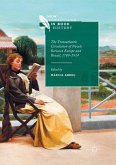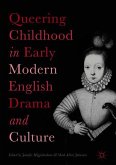This book is a study of children, their books and their reading experiences in late sixteenth- and seventeenth-century Britain. It argues for the importance of reading to early modern childhood and of childhood to early modern reading cultures by drawing together the fields of childhood studies, early modern literature and the history of reading. Analysing literary representations of children as readers in a range of genres (including ABCs, prayer books, religious narratives, romance, anthologies, school books, drama, translations and autobiography) alongside evidence of the reading experiences of those defined as children in the period, it explores the production of different categories of child readers. Focusing on the 'good child' reader, the youth as consumer, ways of reading as a boy and as a girl, and the retrospective recollection of childhood reading, it sheds new light on the ways in which childhood and reading were understood and experienced in the period.
"With this passionate and compelling book, Edel Lamb provides a much needed reflection on the reading experiences of early modern British children. ... This book comes as a welcome advancement in the direction of historically aware studies on childhood, finally distanced from any useless moralism and open to the challenge of difference." (Luana Salvarani, History of Education, Vol. 49 (1), January, 2020)

